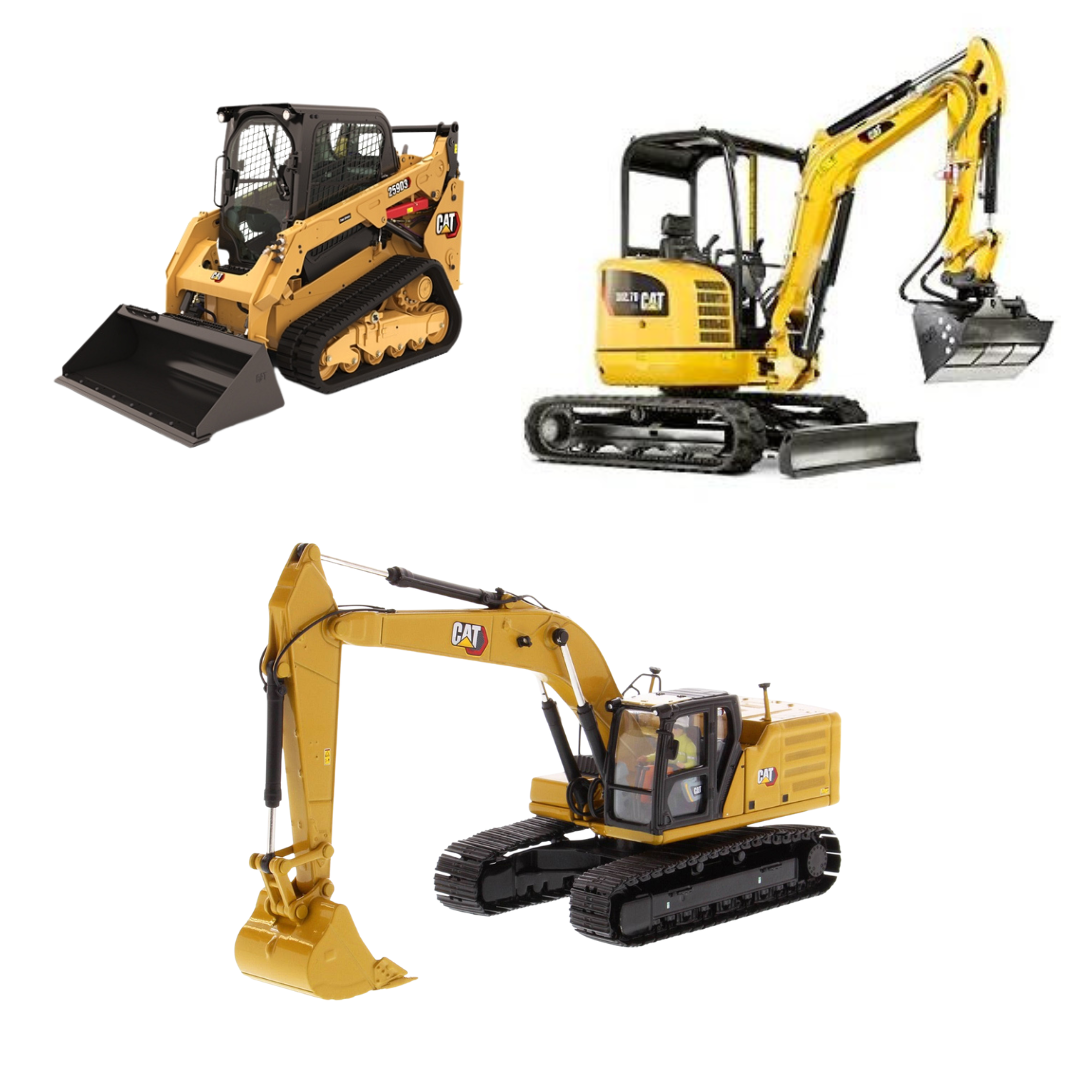Maximize Your Budget by Comprehending the Expenses Connected With Construction Tools Services
Understanding the full scope of expenses related to construction devices rentals is important for optimizing your budget plan. While the preliminary rental charge may appear simple, countless added costs-- such as transportation, fuel surcharges, and maintenance-- can rapidly build up, affecting your economic preparation. Furthermore, knowing different charges and the ins and outs of rental arrangements can assist prevent unexpected economic problems. What methods can be used to efficiently handle these prices and guarantee an extra effective rental experience?
Introduction of Rental Costs
When taking into consideration construction tools leasings, understanding the associated costs is extremely important for effective budgeting and job planning. Rental prices can differ significantly based on a number of factors, consisting of equipment kind, duration of rental, and place. The first rental charge frequently mirrors the tools's market need and its linked functional abilities, influencing the total cost.
In addition to the base rental rate, supplementary costs might emerge, such as transportation costs, gas surcharges, and maintenance charges. It is necessary to account for these additional costs to properly evaluate the total expense of leasing tools. Additionally, the rental period can influence pricing; longer rentals may certify for reduced rates, while temporary rentals could incur greater day-to-day fees.

Breakdown of Rental Rates
A detailed understanding of rental rates is essential for contractors and task supervisors intending to enhance their spending plans. Rental prices for building equipment commonly include several parts, consisting of base prices, time-based fees, and usage costs.
Base prices are the core charges connected with the leasing of the tools, commonly established by the type and dimension of the machinery. These prices can vary significantly, influenced by factors such as devices need, schedule, and regional market fads. Time-based fees, which might be daily, weekly, or monthly, offer to accommodate different project timelines and rental periods.
Additionally, rental prices may include usage costs, which are relevant when devices is made use of past a specified threshold, making sure that the rental company can account for wear and tear. Seasonal need fluctuations can additionally affect rental prices, with peak construction periods generally commanding higher costs.
Moreover, comprehending the rental company's policies relating to upkeep and insurance coverage can give additional understanding into the general price framework. By assessing these parts, professionals can make educated choices, ensuring the choice of rental devices lines up with both task needs and spending plan constraints.
Added Fees to Consider
Recognizing the intricacies of additional charges is critical for service providers to handle their total leasing expenses properly. Beyond the basic rental prices, numerous auxiliary costs can considerably influence the total price of tools rental. These costs helpful site usually consist of delivery and pickup charges, which can vary based upon distance and logistics associated with carrying the equipment to and from the task website.
Additionally, some rental business might impose gas surcharges if the tools is returned with less gas than when leased. It is likewise important to be mindful of possible cleaning costs, specifically for specialized devices that requires comprehensive maintenance after usage.

Completely reviewing the rental contract and clarifying these extra charges upfront can assist specialists avoid unexpected prices and make certain that budget plans stay undamaged throughout the job lifecycle.
Maintenance and Repair Work Expenditures
Regular upkeep and repair expenditures are usually forgotten variables that can substantially influence the total expense of building and construction equipment leasings. When renting out equipment, it is important to consider not just the rental charges yet also the potential expenses connected with keeping the equipment in ideal operating condition.
Lots of rental firms include basic maintenance as part of the rental contract; nevertheless, extra comprehensive repair services or unanticipated breakdowns can result in extra costs. It's necessary to examine the rental agreement meticulously to recognize what upkeep solutions are covered and what obligations fall on the occupant.
Furthermore, tools that is not well-kept can lead to inadequacies at work website, possibly boosting and causing hold-ups project expenses. To alleviate these dangers, it is recommended to carry out regular inspections and maintain pop over to these guys open interaction with the rental service provider regarding any concerns that develop throughout use.
Insurance Policy and Obligation Prices
Insurance coverage and obligation costs are critical parts that can substantially influence the total expenditure of construction devices rentals (scissor lift rental). These prices ensure that both the rental company and the customer are safeguarded from possible monetary losses emerging from mishaps, damages, or theft during the rental duration

Additionally, customers should know any kind of deductibles or exclusions in the insurance coverage, as these can influence potential out-of-pocket expenditures. Comprehending the conditions of any kind of insurance protection is crucial to stay clear of unexpected expenses. Eventually, budgeting for insurance coverage and responsibility costs can help guarantee a smoother rental experience and safeguard against monetary dangers related to building jobs.
Final Thought
In final thought, an extensive understanding of the costs associated with construction devices rentals is important for reliable budget monitoring. Eventually, informed decision-making relating to tools leasings adds to the general success of construction undertakings.
Rental costs can differ considerably based on numerous aspects, including tools type, period of leasing, and location (boom lift rental). The rental duration can impact prices; longer services might qualify for reduced prices, while temporary rentals may sustain greater daily charges
By conducting detailed research study and engaging with trusted rental companies, contractors can effectively browse the complexities of rental pricing, inevitably maximizing their financial sources.
Past the basic rental prices, various supplementary charges can considerably impact the total expense of equipment rental. Rental firms typically give liability insurance coverage that covers injuries to 3rd parties or damage to residential property, while tools damage insurance can cover the expense of repairs or substitute if the rented out equipment is harmed.